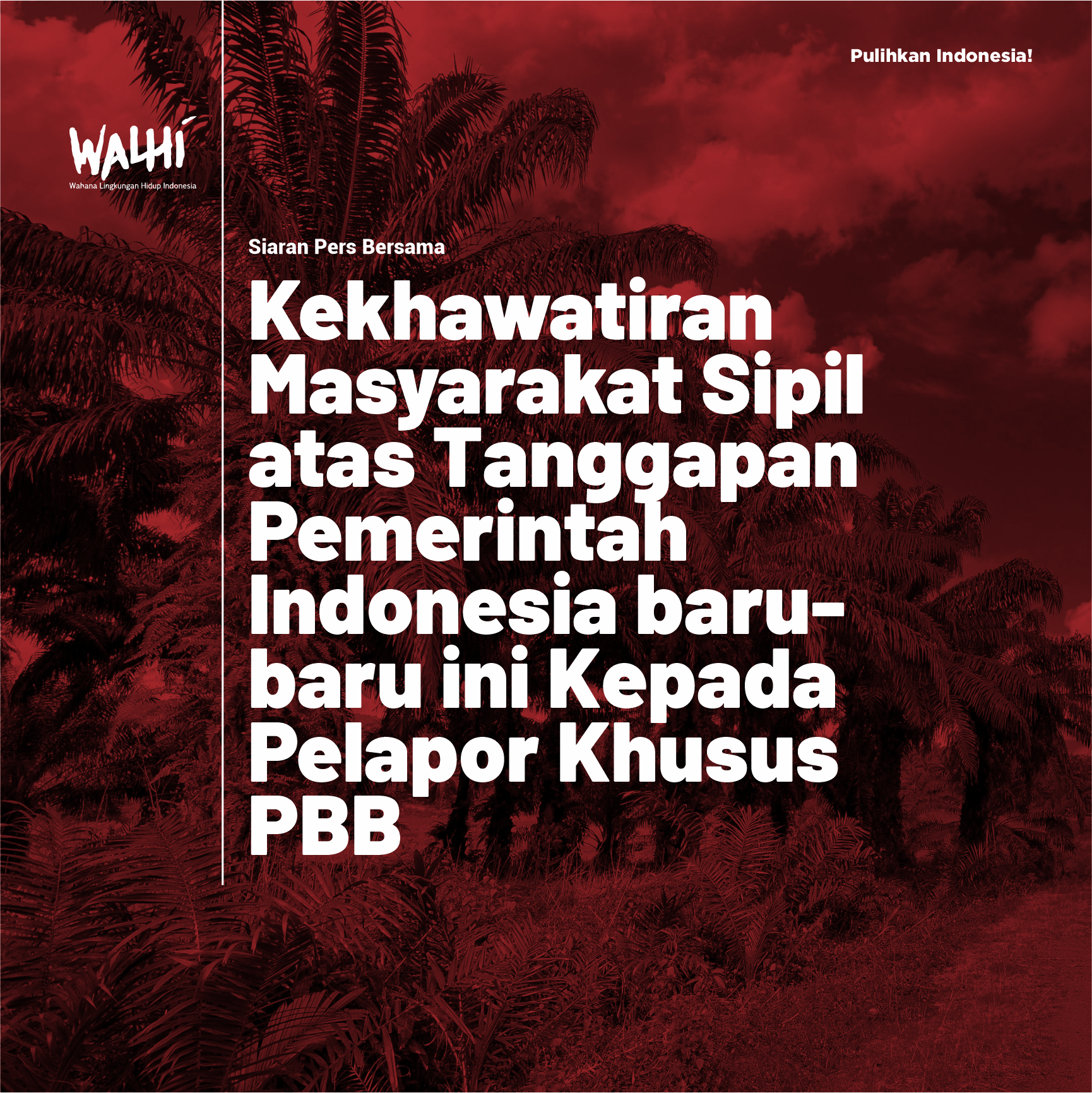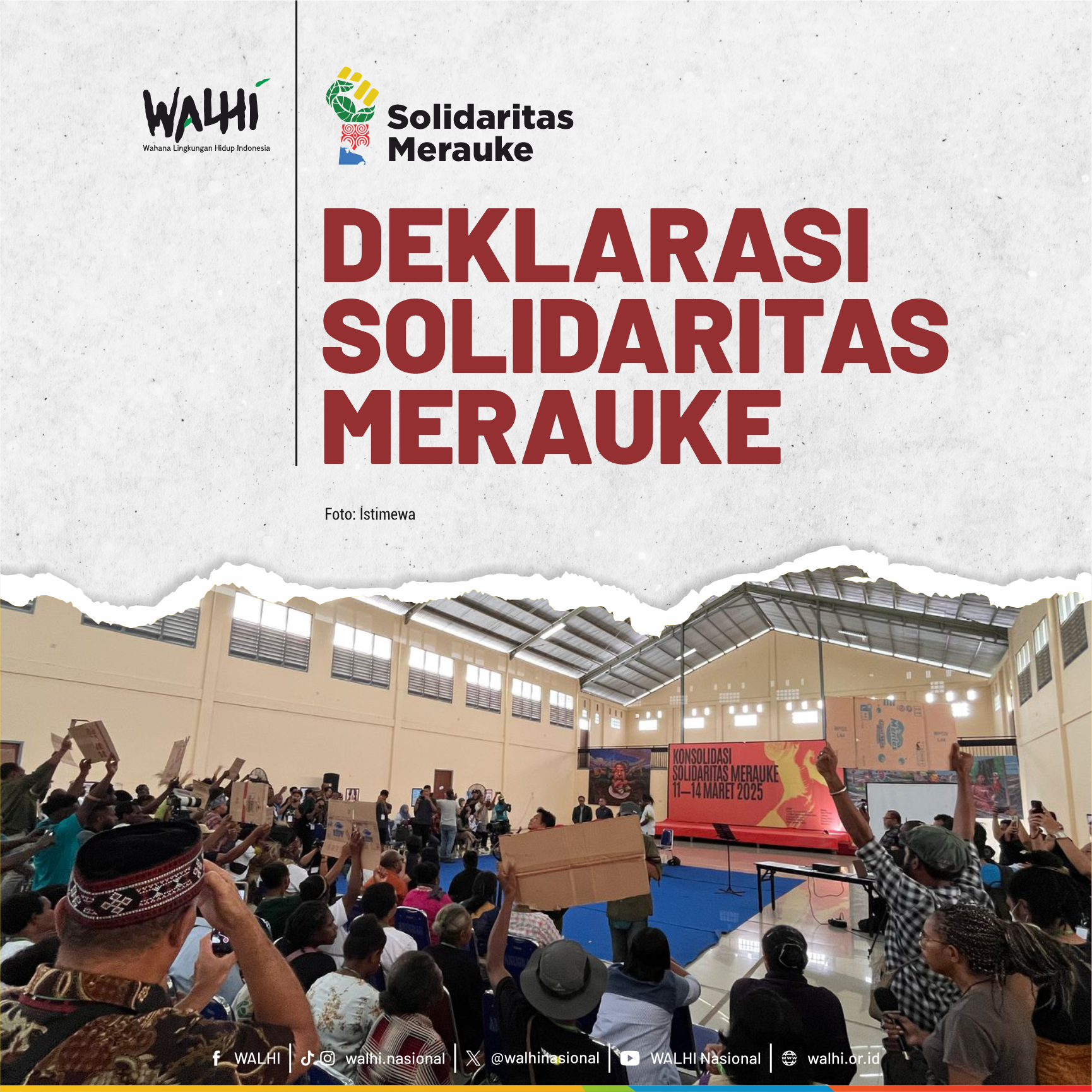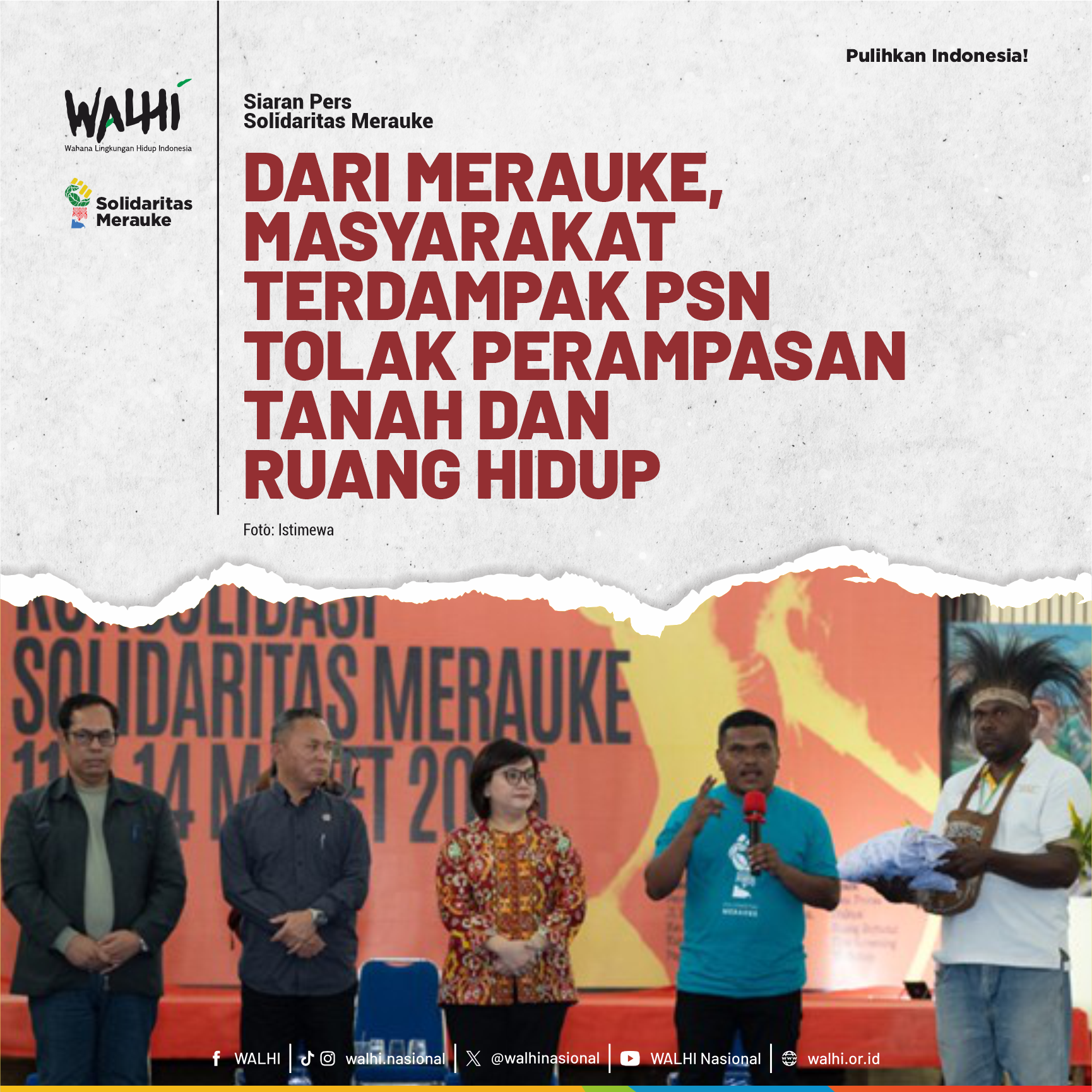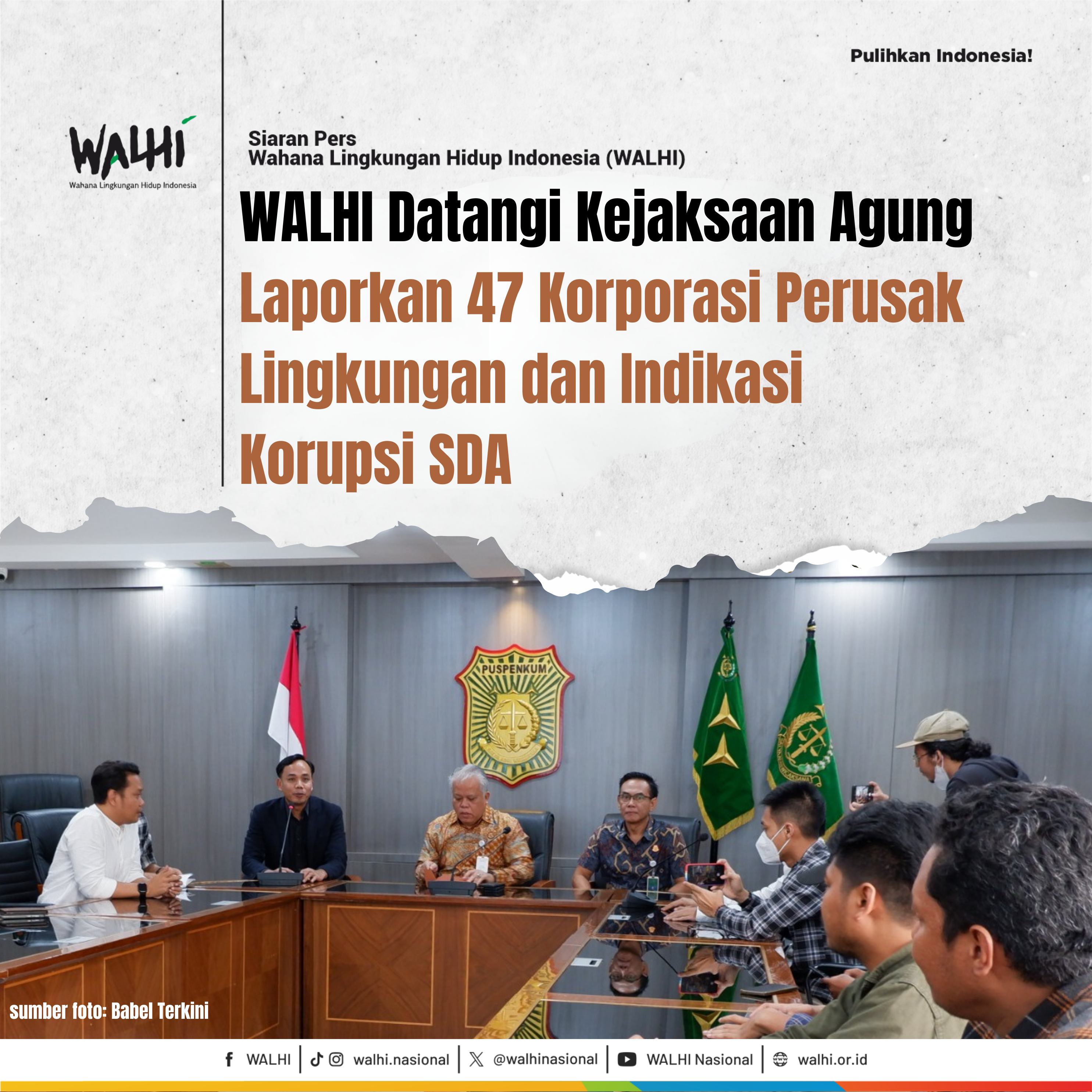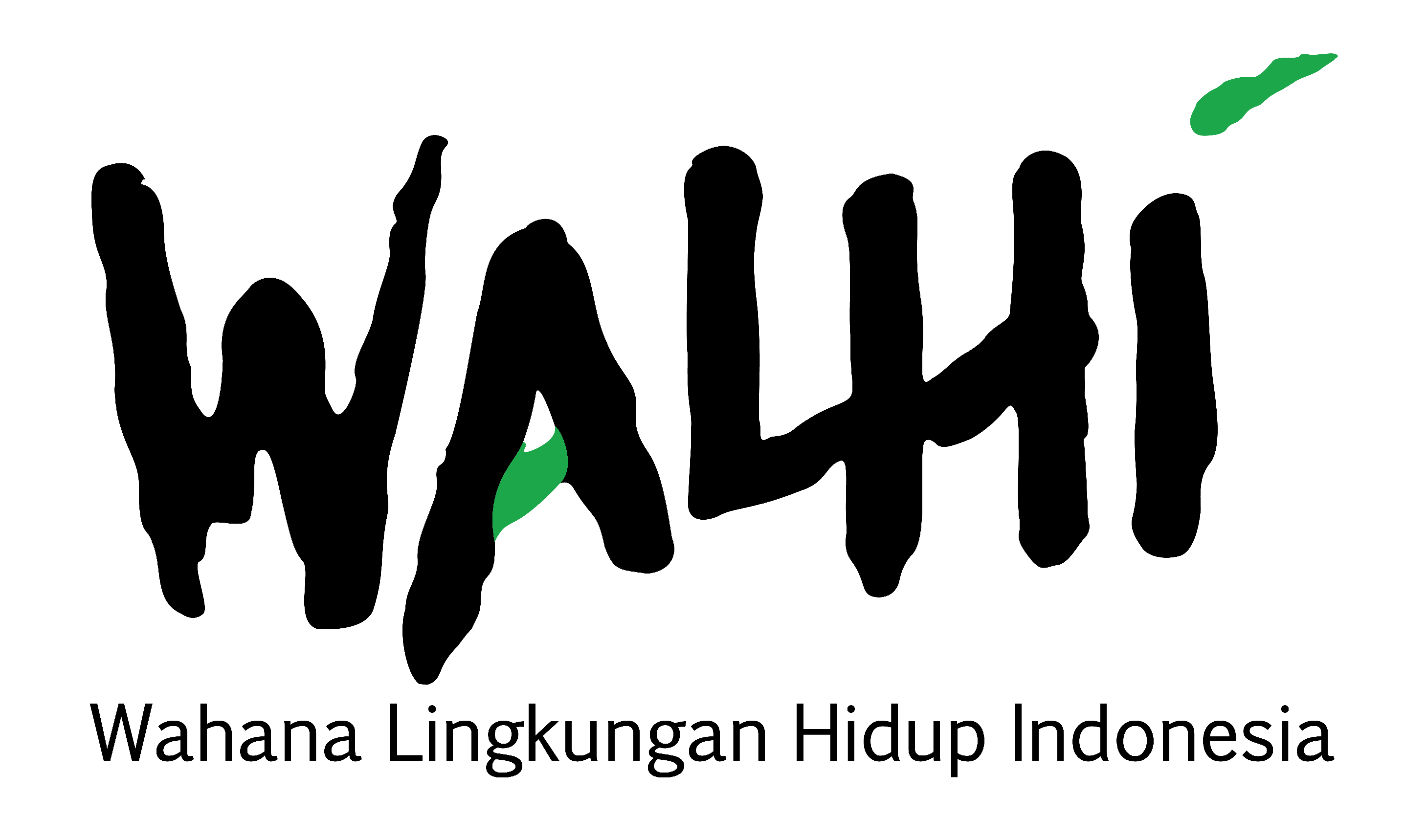The 2nd Session of The Open-ended Intergovernmental Working Group on TNCs and Other Business Enterprises With Respect To Human Rights
Panel III: Subtheme 1 – Examples of international instruments addressing obligations and responsibilities of private actors
Excellency Madam Chair,
My Name is Khalisah Khalid from Friends of the Earth Indonesia and part of Friends of the Earth International.
Forest and land fires had occurred at least for 18 years, becoming an important uncontested fact that the monopoly of land and forests in the development of corporate investments was the main cause of forest fires and haze pollution in Indonesia. In 2015, the smoke from forest and peat land fires has caused 23 people dead, mostly children, who suffered from ISPA (Acute Respiratory Infections). In overall, more than 40 million people were affected, economic losses and ecological losses caused by the forest fires and peatlands fires.
From the analysis of the forest and land fires data and facts in five provinces until September 2015, Friends of the Earth Indonesia found that the hotspots were within the company’s concession: Those groups are: Wilmar, Asian Pulp and Paper, APRIL, Sime Darby, First Resources, Cargill, and Marubeni (Pulp and Paper).
Research conducted by Friends of the Earth groups into five palm oil plantations in Central Kalimantan that belong to Wilmar International and BumitamaAgri Ltd. showed that, despite companies having adopted voluntary policies prohibiting burning, deforestation, and exploitation of peat lands, they appear to have violated national laws and their own voluntary guidelines. This includes violating the human right to health and to a healthy environment, allowing the destruction of high carbon stock areas, and taking insufficient measures to prevent forest fires in their plantations.
According to the national forest law no. 41/1999 article 49, 3 companies are legally responsible for fires within their concessions, recognizing that accountability and legal liability rest ultimately with the concession owners, such as Wilmar and Bumitama. In this case, financiers of the companies based in the UK, Netherlands, France, the United States, and other countries should also be held accountable for their violation.
Madam Chair,
However, it is important to remember although the responsibility that we demand in human rights violations are actors outside the state as important elements, it is the state apparatus that should take strong roles for enforcing the responsibility of TNCs, international financial institutions, and non-state actors, such as the banks supporting the corporate funding in the extractive industries. It is urgent to continue pushing the state to take responsibility for protecting human rights, particularly of extractive businesses and corporations who continue burning the forests and peat lands, worsening the quality of human life, destroying the ecosystem and violating human rights.
The UN Treaty should apply to companies and including financiers found in breach of environmental and Human Rights laws in the whole supply chain, allowing charging them with criminal and financial sanctions. The future Treaty should establish a World Court on TNCs and Human Rights as a mechanism of international control, enforcement and implementation of binding rules, recognizing the criminal and civil liability of TNCs as legal persons.


